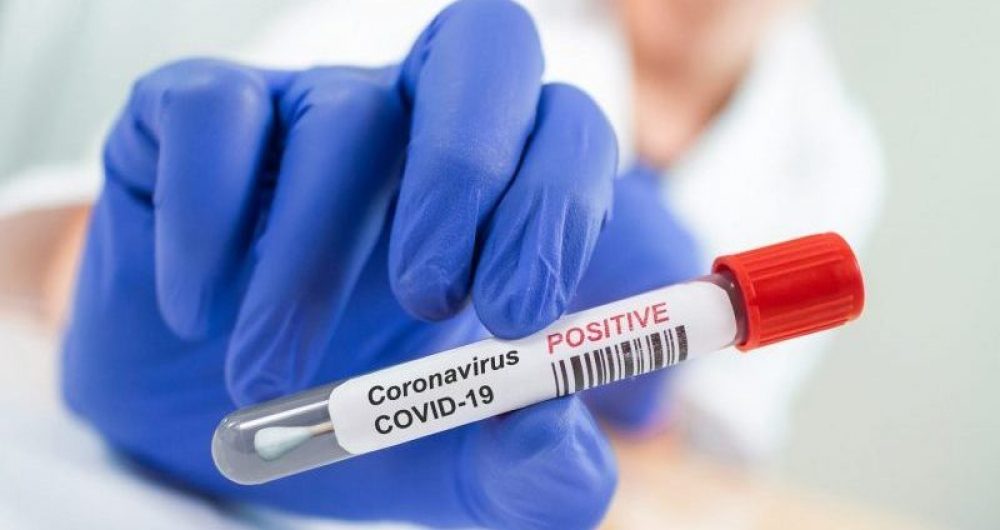The Department for Education seems “surprisingly resistant” to the idea of conducting a “proper lessons-learned exercise” on its early response to the Covid-19 pandemic, a group of MPs has warned.
The public accounts committee has published a report on support for children’s education during the Covid-19 pandemic. In it, MPs said the DfE had “no plan for handling disruption of this kind and was unprepared for dealing with the challenges the pandemic presented in early 2020”.
This was despite the department having participated in “Exercise Cygnus” in 2016, which tested the UK’s response to a pandemic flu outbreak, which the DfE admitted had focused on how to keep schools open rather than using closures to reduce transmission.
Meg Hillier, chair of the PAC, said the committee was “concerned that DfE appears uninterested in learning lessons from earlier in the pandemic”, preferring to wait for the official public inquiry “which won’t report for years”.
A DfE spokesperson said the department had “acted swiftly at every turn to help minimise the impact on pupils’ education and provide extensive support for schools, colleges and early years settings”.
Here are the committee’s main recommendations.
1. DfE needs ‘systematic’ lessons-learned exercise
During a PAC hearing earlier this year, DfE permanent secretary Susan Acland-Hood told MPs there was no plan to publish a specific review of the department’s response to the pandemic.
She said the department would look at lessons learned “in concert with the work that’s going on across government”.
But the PAC said the DfE should carry out a “systematic lessons-learned exercise, to evaluate its response to the pandemic and identify departmental-specific lessons”.
“It should then write to us, setting out its main findings,” MPs added.
2. Plan for future IT provision
The government has distributed around 1.3 million devices to assist with remote learning since the first lockdown.
But the committee found the DfE had “no vision for building on the investment it has made in IT equipment for vulnerable and disadvantaged children”.
The PAC asked the DfE about its plan for remote education in the future “since the laptops that had been distributed would need replacing in due course”.
The DfE acknowledged there was an “appetite” for support from government, but said there was a “balance to be struck between doing things centrally and allowing schools the autonomy to make their own choices”.
MPs said the department should set out a plan “for how it will ensure that all vulnerable and disadvantaged children have access to IT equipment to support their learning at home”.
The plan “should make clear the roles of the department, local authorities and schools, and set out what funding will be available to maintain and replace equipment”, they added.
3. ‘Clear metrics’ to measure catch-up programme
The government has announced a series of measures aimed at helping pupils recover education lost during the pandemic, including grants for schools, the National Tutoring Programme and summer schools funding for secondary schools.
Further announcements are expected later this term following a review by recovery commissioner Sir Kevan Collins.
But the PAC warned the department has “not set out how it will judge the effectiveness of the catch-up programme in making up for the learning children lost as a result of the disruption to schooling”.
MPs said the department should write to them setting out “clear metrics that it will use to monitor the catch-up learning programme, and what level of performance would represent success”.
4. Assurances needed on tutoring ‘quality and quantity’
The government set up the National Tutoring Programme last year, and expects the tuition partners element of the scheme to reach 250,000 children this academic year, with a focus on disadvantaged young people.
However, MPs noted that as of February this year, only 44 per cent of children receiving tutoring were eligible for pupil premium funding.
The PAC said the success of the programme would “depend on the quality of provision and whether it reaches the disadvantaged children who need it most”.
The DfE should therefore set out how it intends to gain assurance on the “quantity and quality of tutoring and mentoring provided” under the NTP.
Its response should “cover in particular how it intends to ensure there is adequate tutoring and mentoring provision in areas of the country where educational attainment is lower”.
5. Work needed to address impact on vulnerable pupils
The committee pointed to low attendance rates among vulnerable pupils – those with a social worker or an education, health and care plan – during the first lockdown.
MPs are also concerned about the impact of the lockdowns on referrals to children’s social care services, which fell by 15 per cent between April and August compared to the same period over the previous three years. According to the DfE, referrals are still down by around 10 per cent year on year.
The PAC said the DfE should work with the Association of Directors of Children’s Services “to understand why the number of referrals to children’s social care services remains below expected levels, and take action in light of the findings to make sure children are being effectively safeguarded”.
The DfE should also work with the Department of Health and Social care to identify “specific actions needed to help children with SEND recover from the damage caused during the pandemic”, MPs said.








Your thoughts